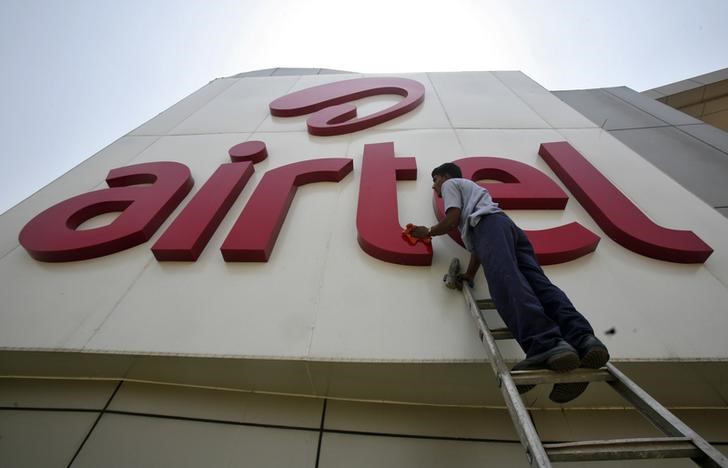Jeremy Hunt to unveil £10bn personal tax cut in the Budget
Unlock the Editor’s Digest for free
Roula Khalaf, Editor of the FT, selects her favourite stories in this weekly newsletter.
Chancellor Jeremy Hunt will on Wednesday put a £10bn personal tax cut at the heart of his Budget, which will also see him scrap the colonial-era “non-dom” regime and provide a tax boost to investors in UK companies.
Conservative MPs are looking to Hunt to convince voters that he has a plan to drag Britain out of recession, raise growth rates and cut taxes ahead of an election expected later this year.
Hunt will announce a 2p cut in national insurance rates in a move worth an average £450 a year to 27mn workers, according to government officials. It repeats an identical cut by the chancellor in last year’s Autumn Statement.
But the cuts fall short of headline grabbing income tax reductions that many Tory MPs have been pushing for. Downing Street insiders said Prime Minister Rishi Sunak was still hoping they would come later in the year.
Hunt will present the latest national insurance reduction as the next step along the “long path” to cutting Britain’s tax burden, which is still on course to hit record postwar levels in 2028-29, according to the Institute for Fiscal Studies think-tank.
“Conservatives know lower tax means higher growth and higher growth means more opportunity and prosperity,” Hunt will say, arguing that his Budget would help build a “high wage, high skills economy”.
In March 2023 Hunt unveiled a “Budget for growth”, but the UK economy awkwardly slipped into recession at the end of last year. This time his fiscal statement is more cautiously billed as a “Budget for long term growth”.
The planned national insurance cut is designed to encourage work, but some in Number 10 argued that reducing income tax would have more retail appeal and benefit more people.
“We can still come back to that,” said one Number 10 insider, adding that Hunt could cut taxes again at another fiscal event later this year if Sunak called an autumn election.
In any event, a promise of future income tax cuts is expected to feature in the next Conservative election manifesto. Labour claims Sunak intends to dash to the polls in May — speculation rejected by senior Tories.
Hunt’s last 2p cut in national insurance, which hit pay packets in January, failed to move the dial politically. On Monday, polling by Ipsos put Tory support at 20 per cent, the lowest level since its survey began in 1978.
Sunak vowed in his last Budget as chancellor in March 2022 that he would cut the basic rate of income tax from 20p to 19p by 2024, proclaiming it would be “a tax cut for workers, for pensioners, for savers”. He has also promised to cut income tax to 16p if he wins the next election.
One Tory MP, when told that Hunt intended to cut national insurance and not income tax, said simply: “Oh no.” Dame Priti Patel, former home secretary, said she hoped income tax cuts would follow later in the year, adding: “Everyone is talking about a second Budget.”
Hunt’s national insurance cut will be partly funded by targeted tax rises, including on vapes and tobacco, and the axing of current “non-dom” rules — a policy previously advocated by Labour and opposed by Hunt.
The chancellor is looking to scrap the two-century old concept of domicile, and change when individuals receive the tax break, the Financial Times has been told. The Treasury declined to comment.
Non-domiciled people are UK residents deemed to have their permanent home or “domicile” outside the country. They can currently earn money from abroad without paying UK tax on this for up to 15 years, provided they do not bring any income or capital gains into the country.
Hunt will modernise the system, replacing the concept of domicile in tax with a statutory residence test that would define who benefits from a new system of tax privileges.
He will also encourage wealthy people to bring their foreign-held assets and money to the UK. Tax experts have long complained the current regime is complicated and disincentivises non-doms from bringing wealth into the country, as they are taxed when they do so.
Hunt has also considered cutting Whitehall departments’ post-election spending plans to help fund upfront personal tax cuts. Some economists warn this would harm strained public services.
Polls have suggested voters would rather see improvements to services such as the NHS instead of tax cuts and Hunt is expected to use his Budget to patch up parts of the public realm in greatest need.
Tory MPs have been pressing him to release money to fulfil government promises on free childcare provision and to support ailing local councils. He is also expected to announce more funds to support “levelling up” of left behind areas.
Meanwhile the chancellor will also announce a new British Isa, in a shake up to the individual savings account that will provide a dedicated tax-free allowance for investment in UK equities.
The move is intended to promote share ownership. Isa savers are exempt from paying tax on savings interest, dividends or capital gains on funds held in Isa accounts. Withdrawals are also not subject to income tax.
Most Tory MPs expect Sunak to wait until the autumn to call an election, leaving space for another tax-cutting event later in the year.
Hunt will, however warn that tax cuts can only be funded by growing the economy and making the state more efficient.
“With the pandemic behind us, we must once again be responsible and increase our resilience to future shocks,” the chancellor will say. “That means bringing down borrowing so we can start to reduce our debts.”




